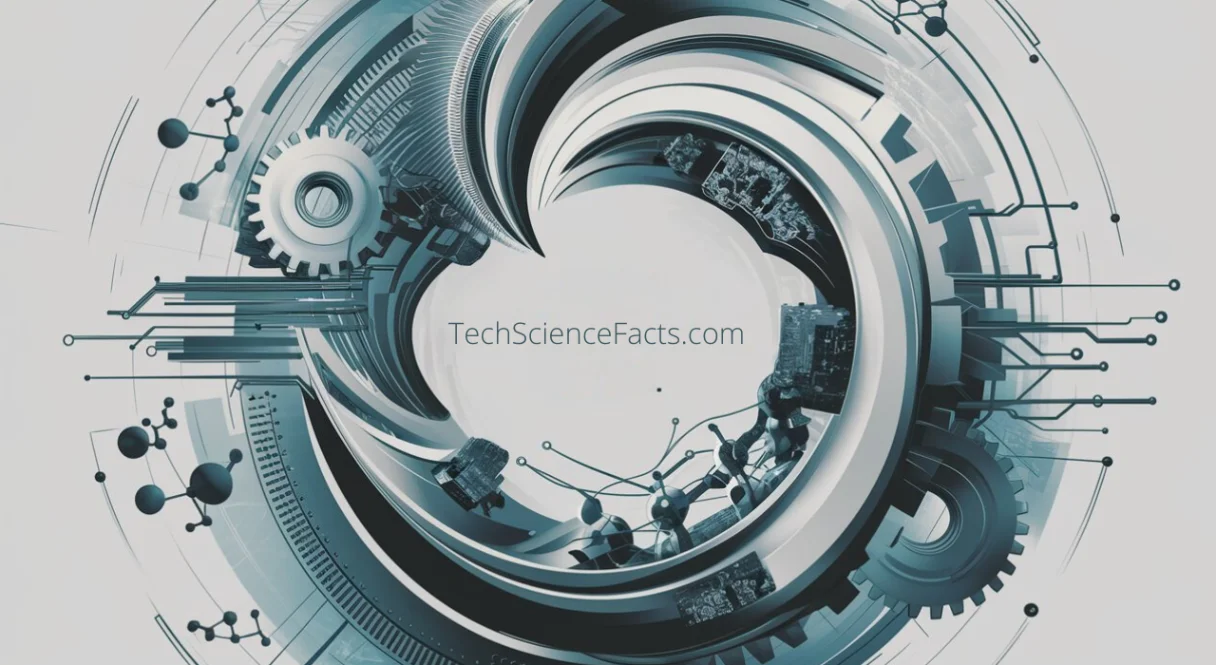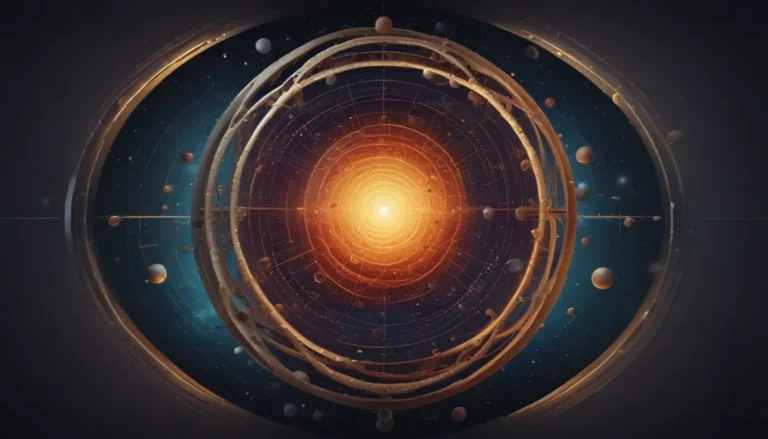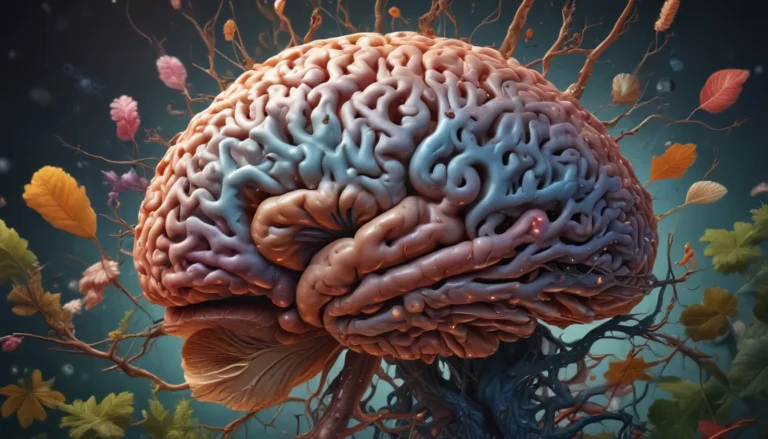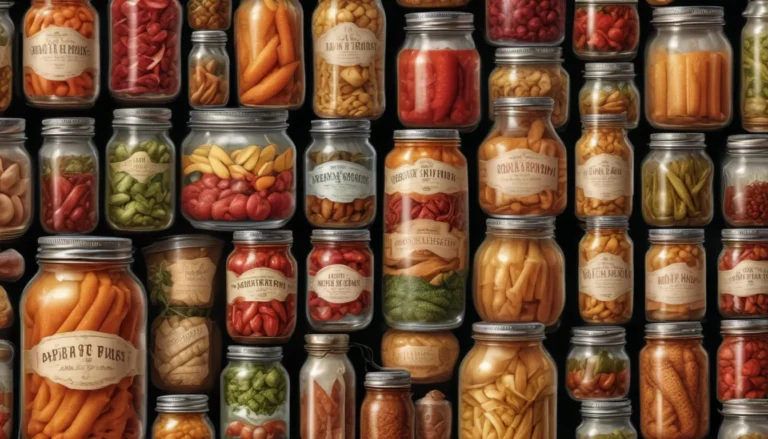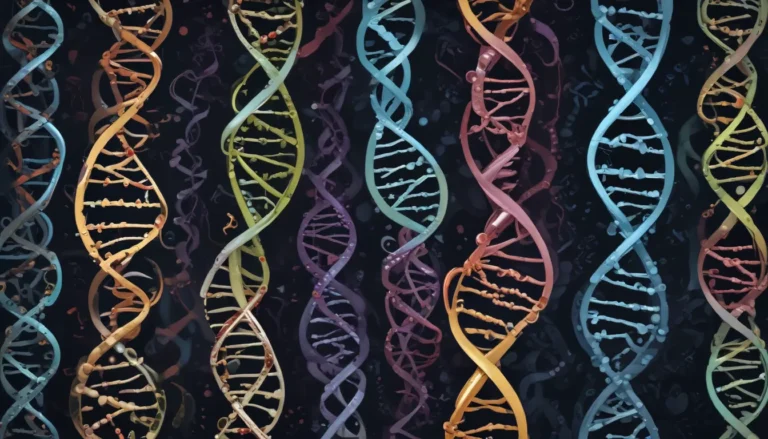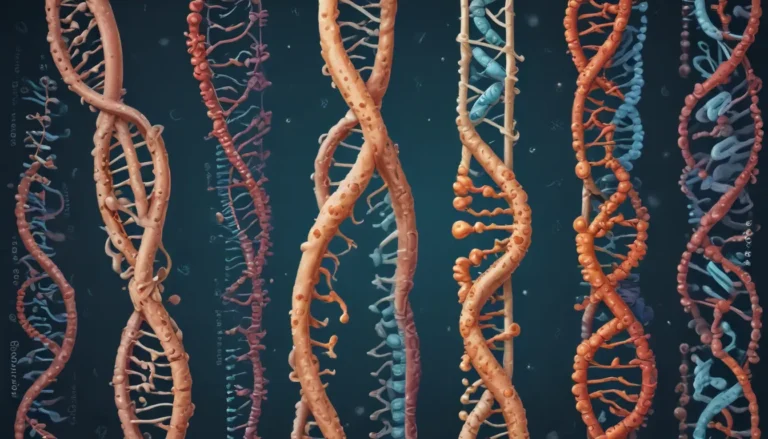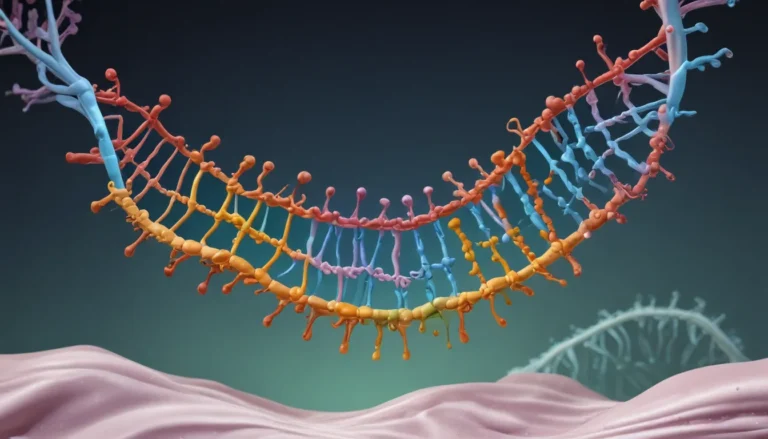A Note About Images: The images used in our articles are for illustration purposes only and may not exactly match the content. They are meant to engage readers, but the text should be relied upon for accurate information.
Cloning has long been a topic of intrigue, captivating the imaginations of scientists and the public alike. The process of creating genetically identical copies of living organisms has revolutionized the field of biology, offering a glimpse into a world of endless possibilities. In this article, we will unearth 13 extraordinary facts about cloning that will leave you in awe. From the first cloned mammal to the ethical debates surrounding human cloning, there is a wealth of information to discover in the realm of cloning.
Unlocking the World of Cloning
Cloning is a concept that has a rich history and diverse applications. From preserving endangered species to potentially transforming organ transplantation and personalized medicine, the world of cloning is filled with promise. Despite ethical concerns and the possibility of variations in cloned organisms, cloning continues to push the boundaries of scientific exploration, even venturing into outer space for research.
Diving into Dolly the Sheep’s Legacy
In 1996, scientists in Scotland achieved a monumental milestone by successfully cloning a sheep named Dolly. She became the first mammal to be cloned from an adult somatic cell, paving the way for further advancements in cloning technology.
Exploring the Methods of Cloning
Cloning can be accomplished through various techniques, including somatic cell nuclear transfer, embryo splitting, and cellular reprogramming. Each method has its own unique applications and advantages, contributing to the versatility of cloning technology.
Tracing Cloning Back to Ancient Origins
While modern cloning is a recent scientific development, the concept of creating identical copies of living organisms dates back to ancient civilizations. The ancient Greeks and Egyptians speculated about a “second birth,” laying the groundwork for the cloning experiments of today.
Unveiling Cloning’s Potential in Medical Research
Cloning holds immense promise in the field of medical research. Cloned animal models can be invaluable in studying diseases, developing treatments, and unraveling the genetic mysteries behind various conditions.
Preserving Endangered Species Through Cloning
Cloning offers a beacon of hope for endangered species, allowing scientists to preserve genetic diversity and prevent extinction. By cloning vulnerable species, conservation efforts can be bolstered, safeguarding biodiversity for future generations.
Ethical Considerations Surrounding Human Cloning
The notion of human cloning raises complex ethical dilemmas. Many countries have prohibited human cloning due to concerns about exploitation, health risks, and violations of human rights.
Embracing the Variability of Cloned Animals
While the goal of cloning is to produce genetically identical organisms, environmental factors and epigenetic modifications can lead to subtle variations. Cloned animals may exhibit differences in appearance and behavior, highlighting the intricate nature of cloning.
Harnessing Cloning in Agriculture
Cloning has found applications in agriculture, where it can be used to produce genetically superior livestock and crops. This technology has the potential to enhance food production, increase yields, and improve resistance to diseases and pests.
Venturing into the Possibilities of Cloning Extinct Species
Scientists have embarked on ambitious projects to clone extinct species using preserved DNA samples. While these endeavors have yet to yield successful results, they offer tantalizing prospects for genetic conservation.
Revolutionizing Organ Transplantation Through Cloning
Cloning technology holds the key to providing a sustainable supply of organs for transplantation, potentially saving countless lives by reducing waiting times for patients in need of transplants.
Transforming Dairy Production With Cloning
Cloning has found a niche in the dairy industry, where it can replicate high-quality dairy cows to ensure consistent milk production and meet the demand for dairy products.
Paving the Way for Personalized Medicine Through Cloning
By cloning a patient’s own cells, scientists can tailor therapies and treatments to individual needs, ushering in a new era of personalized medicine with improved efficacy and precision.
Embarking on Cloning Experiments in Space
Cloning research has transcended Earth’s boundaries, with scientists conducting experiments in space to study the impact of microgravity on the cloning process and the development of cloned organisms.
Conclusion: Embracing the Boundless Potential of Cloning
In conclusion, cloning represents a captivating field of study with the power to revolutionize various aspects of our lives. From scientific research to conservation efforts, the possibilities afforded by cloning are both groundbreaking and awe-inspiring. While ethical considerations loom large, it is essential to approach cloning with an open mind and explore its potential benefits for society.
FAQs: Exploring Common Questions About Cloning
- What is cloning?
-
Cloning is the process of creating genetically identical copies of living organisms or cells.
-
Is cloning limited to animals?
-
Cloning can occur in both animals and plants, with techniques varying based on species.
-
Can humans be cloned?
-
Human cloning is theoretically possible but largely restricted due to ethical concerns and potential abuses.
-
What are the types of cloning?
-
Reproductive cloning, therapeutic cloning, and gene cloning are the primary types, each serving unique purposes.
-
Are there risks associated with cloning?
-
Cloning carries risks such as genetic abnormalities, health issues, and impacts on biodiversity.
-
What are the potential applications of cloning?
-
Cloning holds promise in agriculture, medicine, and conservation efforts, aiding in various fields.
-
How does cloning impact biodiversity?
-
Cloning can limit genetic diversity within species, potentially impacting adaptability and survival.
-
What are the limitations of cloning technology?
-
Challenges in cloning technology include low success rates, high costs, and ethical considerations.
-
Can cloned animals reproduce naturally?
-
Cloned animals can reproduce if their reproductive systems are intact, though studies suggest potential issues.
-
Is cloning widely accepted by society?
- Cloning remains a topic of debate, with opinions varying based on cultural, religious, and personal beliefs.
Delving into the realm of cloning unveils a world of endless possibilities and scientific marvels. As technology advances and our understanding of cloning deepens, the potential for innovation and discovery in this field is truly boundless. Join us on this captivating journey as we unravel the mysteries and wonders of the incredible world of cloning.
